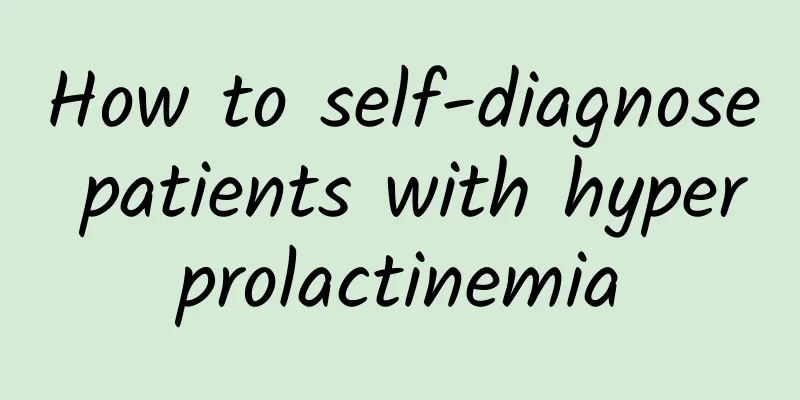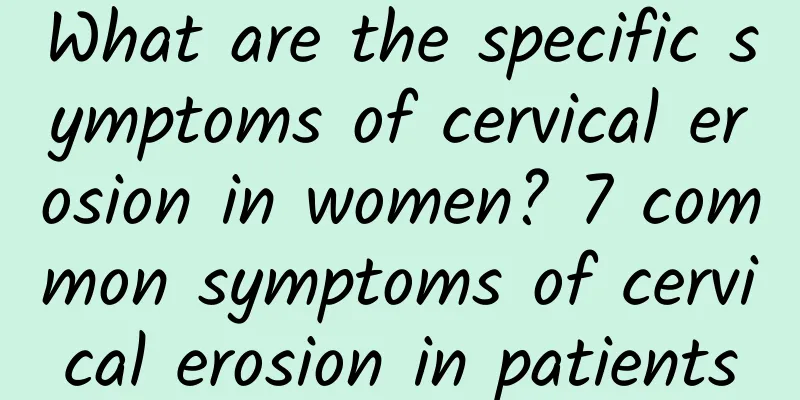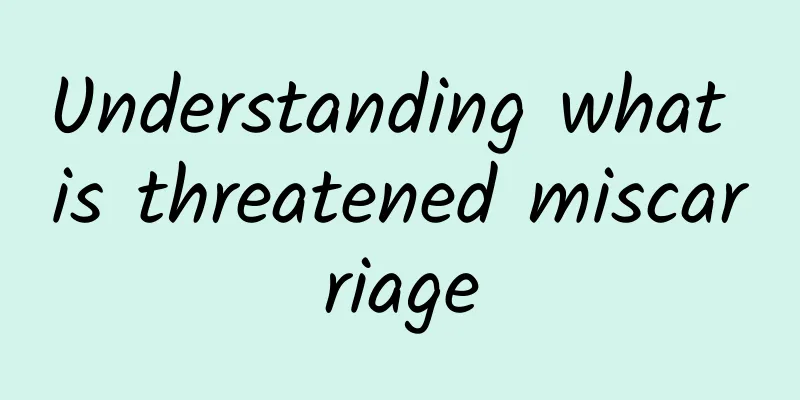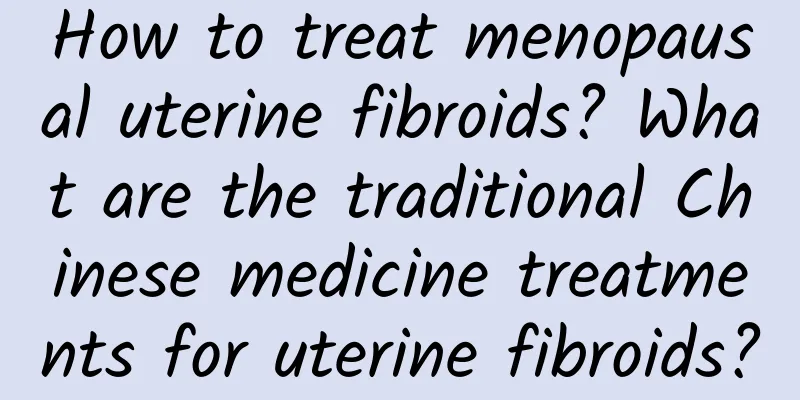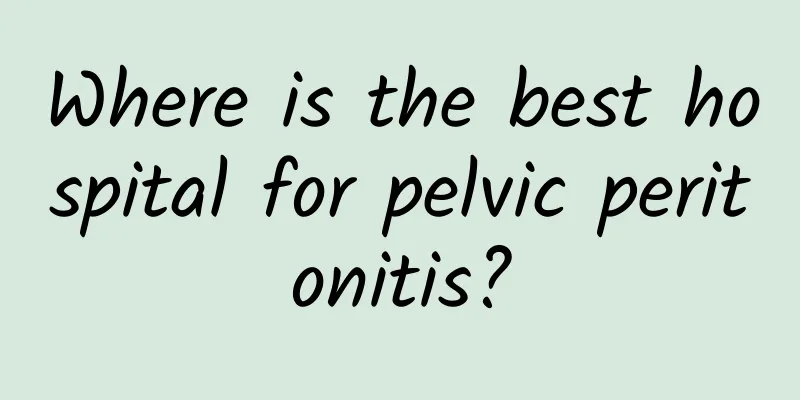To fight aging and prevent stroke, are natto, miso, and tofu a must? The answer is…
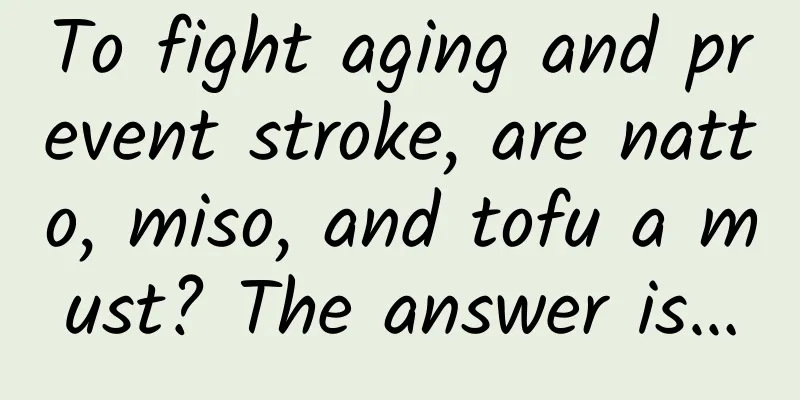
|
Japan is a country with a longevity, and some of its eating and living habits are worth learning, especially the highlights of the national cuisine. Miso soup, natto, and tofu, which are indispensable on the table for three meals a day, are all made from soybeans as the main ingredients and have high nutritional value. It makes people curious. Could it be that eating more soy products is good for health, helps anti-aging, prolongs life, and is even said to keep away from the risk of stroke? How authentic is it? If someone asked, from the perspective of research and analysis, which food has the greatest benefits in anti-aging and prolonging life? The answer is beans. There is a research report jointly published by experts from Sweden, Indonesia and Japan, titled "Beans: An Indicator of Longevity in Elderly People of Different Nationalities". This research comes from the dietary analysis of elderly people over 70 years old in three different ethnic groups, including: Greece in the Mediterranean, Sweden in Europe, and Japan in Asia. The most commonly consumed beans by Greeks are chickpeas, lentils, and white beans; the most common food for Japanese is soy products, including soybeans, tofu, natto, and miso; Swedes also regard beans as an important food in their diet. Soy foods are good for health, Japanese research: Helps reduce the risk of strokeJeffrey H. Mindich, a well-known news anchor and media person, stated in his new book "Jeffrey H. Mindich's Health Decoded" that studies have found that consuming more than 20 grams of beans per day can reduce the risk of death by 8%. Why are beans considered a longevity food? This is mainly because they provide high-quality protein and are rich in minerals, such as zinc, magnesium, manganese, calcium, potassium, copper, etc.; and rich B vitamins, especially folic acid (vitamin B9). In addition, it also contains a lot of antioxidant "polyphenols". Research and analysis show that beans, because they are low in fat and rich in dietary fiber, can lower cholesterol and blood sugar, prevent cancer and heart disease, and help reduce weight. Although the beans eaten by Asians are mainly soybeans, there are actually many varieties of beans, including: chickpeas, lentils, kidney beans, pinto beans, black beans, broad beans, rice beans, mung beans, red beans, etc. Each type of bean is rich in nutrients. Although not all beans are available in Taiwan, more and more beans are now available. You can try to incorporate some different bean ingredients into your diet. Legumes provide high-quality protein and are rich in minerals, such as zinc, magnesium, manganese, calcium, potassium, copper, etc. Even if you only eat soybeans and soybean products, such as tofu, miso, and soy milk, regularly, it is good for your health. A Japanese study in 2007 found that women who ate soy products five times a week had a 36% lower risk of stroke and a 69% lower rate of death from heart disease than those who ate soy products twice a week. Miso is a product made from soybeans, rice or wheat, added to salt, and fermented with koji fungi. The saltiness and taste of the fermented miso will vary depending on the strain of fungi and the raw materials. Miso is rich in protein, which is broken down into smaller nutrient molecules by enzymes and is easier for the human body to absorb. Japanese people love to drink miso soup, which is known as the "doctor killer"Miso is a product made from soybeans, rice or wheat, added to salt, and fermented with koji fungi. The saltiness and taste of the fermented miso will vary depending on the strain of fungi and the raw materials. Miso is rich in protein, which is broken down into smaller nutrient molecules by enzymes and is easier for the human body to absorb. Miso also contains unsaturated fatty acids, vitamin E and soy isoflavones, and has high nutritional value, earning it the title of "doctor killer." According to a study published by the National Cancer Research Center of Japan, women who drink more than three bowls of miso soup a day have a 40% lower risk of developing breast cancer than women who only drink one bowl a day. Another Japanese study also found that miso can prevent stomach cancer. Those who drank a bowl of miso soup every day had only one-third of the risk of developing stomach cancer compared to those who did not drink miso soup. Miso can not only be used to make soup, but also suitable for many different dishes. Here is a "Miso Grilled Fish" for your reference: 【Grilled fish with miso】 Material: 5 slices of dried anchovies, 1 cup of miso, 1/2 cup of rice wine. practice: 1. Mix miso and rice wine, apply on fish fillets and marinate for 2 to 3 hours. 2. Scrape off the miso on the fish fillet and bake in the oven at 200℃ for 15 minutes. |
Recommend
Don't be fooled by false cervical erosion
Case: 18-year-old Xiaoyu (pseudonym) is a middle ...
How to determine whether there is an ectopic pregnancy?
How should we judge ectopic pregnancy? Ectopic pr...
Improper use of sanitary napkins is also a cause of vaginitis
There are many causes of vaginitis. In order to p...
How long does it take to get menstruation after abortion?
Generally speaking, menstruation will come about ...
What is the cause of cervical hypertrophy and purulent discharge?
Cervical hypertrophy and purulent secretions may ...
What are the symptoms of menstruation?
What are the symptoms of menstruation? Menstruati...
Nursing care of patients with hyperprolactinemia in summer
Hyperprolactinemia seriously affects women's ...
Common methods of treating endometrial tuberculosis in hospitals
How to correctly treat our endometrial tuberculos...
What are the causes of secondary dysmenorrhea?
Dysmenorrhea is just a symptom. Many diseases can...
Patients with cervical hypertrophy need to understand their dietary precautions
At present, the incidence of cervical hypertrophy...
Why can I only see uterine fibroids on one side? What is the nature of having only one uterine fibroid?
Why do I only see uterine fibroids on one side? B...
How can women prevent uterine fluid accumulation?
Uterine effusion is also a type of gynecological ...
Which is better for women, surgical abortion or medical abortion? The choice of surgical abortion or medical abortion mainly depends on these two points
As relationships between people are becoming more...
What is the cause of pelvic effusion?
Pelvic effusion is a very common gynecological di...
High-sugar, high-salt, and high-fat New Year snacks should be limited
Visiting relatives and friends during the New Yea...
